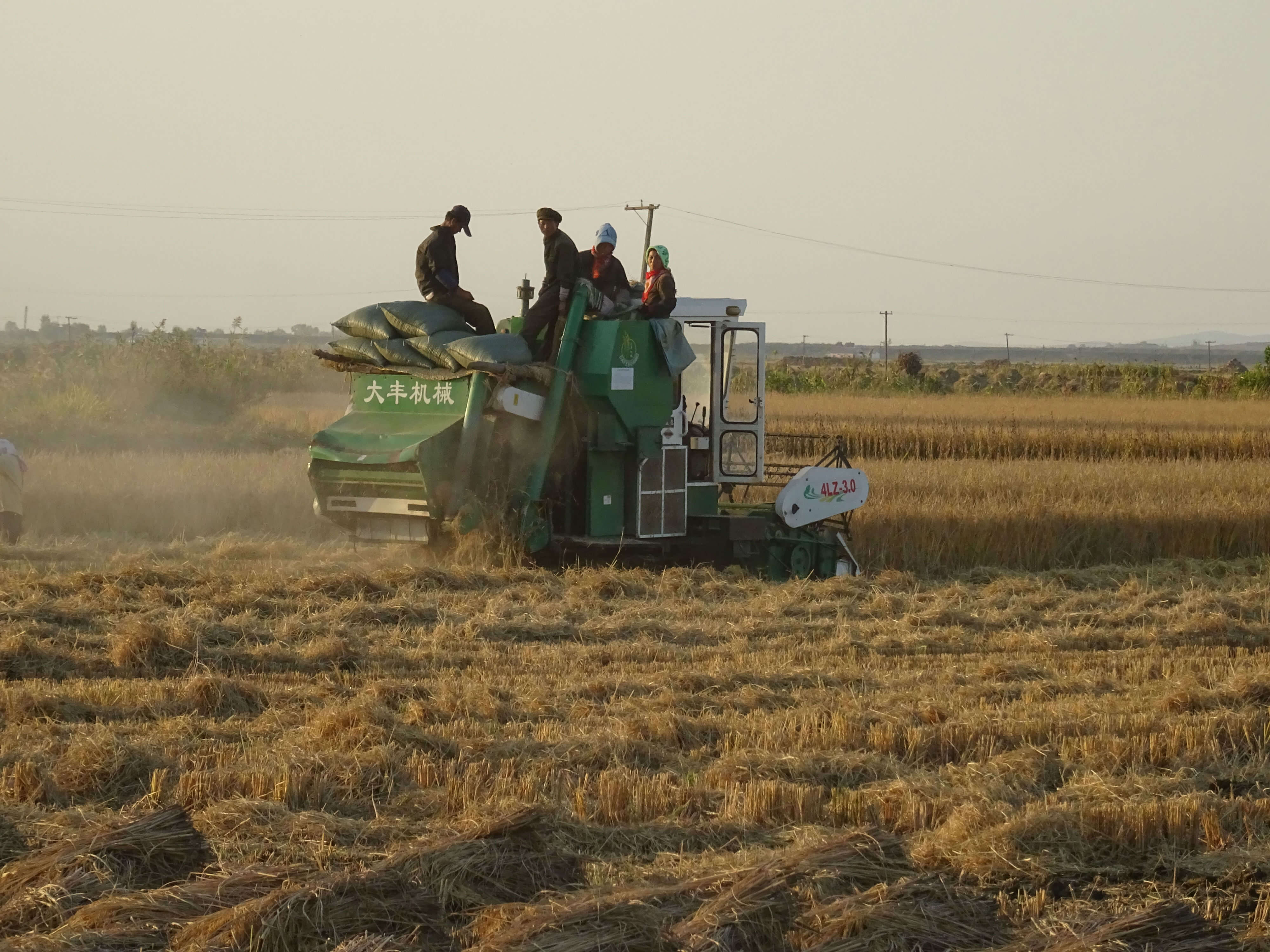Cultural Travelling: Tours that Show a Different Facet
- 2016-04-02
by Cecilia Wong
Cultural travelling is a vogue for travel agencies to bespeak their cultural exploring tours, it goes beyond merely visiting a place, but allows experience as a member of a culture and undergoes transformations of lives.
Cultural travelling is to go local and dig into authentic, genuine stories in a country, said Chan Shing-kwan, one of the co-founders of Eastern Vision and Glo Travel which both organising international travel programmes in a unique way.
Chan said that they attempt to modify traditional travel tours, which tend to load customers to various tourist spots for merely shopping and eating, by providing comprehensive, intellectual but fun experiences.
Tours organised by Eastern Vision and Glo Travel try to break stereotypes and "bridge" different people, he said.
"Reading a lot about North Koreans, but had never talked to them, I lost track," said Niklas Pape, a German exchange student at The University of Hong Kong.

He joined an Eastern Vision's tour to North Korea last year and agreed that through interacting with locals during the visit, participants gained a "different perception" towards North Koreans. "Only after talking to them, I know they are very same as human beings," he said.
Unlike a semester exchange which is long enough for complete immersion, the tours are limited by short travelling periods. Thus, he described the tours as just a "tool" for people to gain basic information of a country and open people's doors to cultural exchange in the future, as well as to build habits of delving into or at least research a country's background before visiting.
Cultural experience is about physical engagement and, of equally important, idea exchange. "Only by going local, talking to local communities, and involving in an environment can people understand the conditions -- political, social and economic situations included -- of that particular country," Chan said.
Sarah Chu, a student of The University of Hong Kong, said that cultural experiencing tours go beyond cursory sightseeing and shopping, and provide her a chance to penetrate into different local cultures.
Chan said, by achieving so, cultural experiencing tours need to maintain in small sizes to ensure no exclusive situation, but interaction and ideas exchange among tour-mates so that everyone speaks.
Some Hong Kong students discussed about the young performers at DPRK's Children's Palace with mainland's participants who had similar intensive trainings before, which the former believed they were tortured and the latter thought those children were honoured.
Chu and Pape, both admired the children's performances which they described as "excellent" and "impressive" respectively. Yet, Chu thought those children were "robot-like", while Pape thought it was hard to put this into his context so he could not determine if they felt honour.
Mr Pape read the given articles, which are provided for participants to be au fait with countries' situations they are heading to, before his trip to North Korea.
"It was not compulsory, but I see a different picture in North Korean [political system, society, history and economic situation] after reading them," he said.
The tours takes participants to local schools and amusement parks in North Korea to make participants apprehend a place through communicating with the locals.
Ms Chu said that chatting with the North Korean tour guide was a remarkable experience which she was able to share western music with him and found that talking about South Korea would irritate him.
However, Pape held a divided opinion that it was not possible to know very deeply about average locals' livelihoods in North Korea, since he considered the students he had communicated with were "well-picked" under political constraints, and with language barrier, he could not reach the grassroots.
"Being able to share information is essential to go local," he said, though he still thought communicating with the locals was the highlight in cultural experiencing tours and the closest local experiencing he could have.
"Do you really understand a country?" Mr Chan asked repeatedly. After all, this is a question posed to tourists to see if they have indeed experienced exotic cultures.
(Edited by Janet Sun)
《The Young Reporter》
The Young Reporter (TYR) started as a newspaper in 1969. Today, it is published across multiple media platforms and updated constantly to bring the latest news and analyses to its readers.

Is Student Strikes Still an Effective Way in Defying the Unfair System in Hong Kong?

Young Singer-to-be Has a Different Dream




Comments